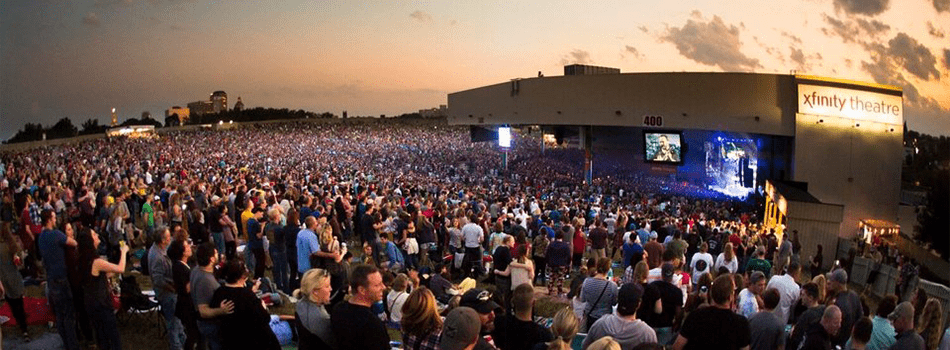By: Mark Miller, co-founder & CEO, TicketSocket
In the popular book Drucker on Leadership: New Lessons from the Father of Modern Management, author William A. Cohen credits management guru Peter Drucker with instructing his grad students with the sage advice, “The best way to predict the future is to create it.”
A sure way for event organizers and venue owners to create success in their futures is to extend their customers’ brand experience on their digital properties. These savvy businesses are no longer willing to watch customers visit their sites for a few seconds to research an event, before moving to another, possibly competitive, site to purchase tickets, merchandise and memorabilia surrounding the event or attraction.
Instead, they’re strategic about how they oversee their customers’ journeys. They value controlling the data they capture from their customers’ research, purchase histories, and pre- and post-event experiences. This data gives valuable insights into where they should steer their businesses, how to increase efficiencies, as well as how to grow their sales and revenues. All of this informed decision-making is garnered through their intelligent understanding of their customers’ preferences. Armed with this knowledge, they’re able to cater to customers in ways only dreamed of in the past.
Learning from customer data to provide superior customer service is just one aspect of the data monetization opportunities that come through smart ticketing strategies and technology. Creating additional revenue streams tops the list of every successful business, regardless of industry. For event organizers and venue owners, data-driven customer information gives them the ability to design pages for sponsored ads that are custom-tailored to individual customer’s profiles and purchase habits. Information gleaned about a customer’s location can trigger an alert with a possible discount to a local event happening in the area, for example.
Gathering and analyzing data on buyers’ behaviors through AI automation technology as it relates to social influencers and buyer trends is another milestone in the sustained customer journey. In the not-too-distant past, sponsors had little in-depth insight of what happened or who attended their events, much less awareness into what their customers did immediately after leaving an event. Today’s intelligence technologies provide a lens into this data, so marketers and organizers can extrapolate information for a range of activities, from predicting and setting price points that have the highest probability of appealing to customers, to identifying and leveraging the social influence channels customers care about, thereby connecting the dots among event attendees, sponsors and organizers.
The following example of best practices used by a professional sports marketing team shows some of the benefits of owning the entire customer journey.
According to a 2018 article in The Drum about Aston Villa, an English Champions Football (Soccer) Club, the club is going to “great lengths to create their own commerce infrastructure for fans after several months of research and development into how they could broaden the usually narrow rewards scheme that clubs offer.”
The club introduced installed, pre-paid contactless and chip and pin payment technology on fans’ season and member cards to “allow a continuous two-way engagement which also opens up new revenue streams via affiliate marketing and brand partnerships.”
The article continues: “…there is a palpable benefit to having purchases take place in Villa’s closed ecosystem – data.”
Matt Swindells, head of data and insight at Aston Villa, said he expects the club will not only learn more about fans’ behaviors at games, but they’ll also gain insights into post-and-pre-match routines through their transactions.
“If we know that fans purchase a certain beer brand outside of Villa Park [Aston Villa’s stadium], why not ensure they are able to drink the same one inside the venue? Being able to serve up the relevant rewards to fans is important and shows that we care as much about the fans as they do about the club.”
Ticket sellers can predict their futures through migration toward comprehensive ownership and control of their own brands, data, money and more. Strategic oversight into their customers’ journeys is the goal that AI technology, with its promises of visibility and automation, is helping them achieve. With every technology advancement, organizers and attraction owners gain more comprehensive tools, so they can innovate new kinds of mediums and entertainment, both at home and in person. Event and attraction owners who want to create successful futures in 2019 and beyond may do so by leveraging their customer data to deliver crowd-pleasing offerings individualized to customers’ buying habits and preferences.



